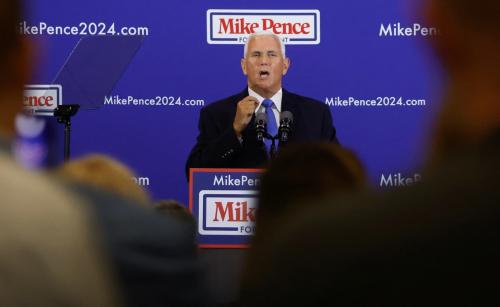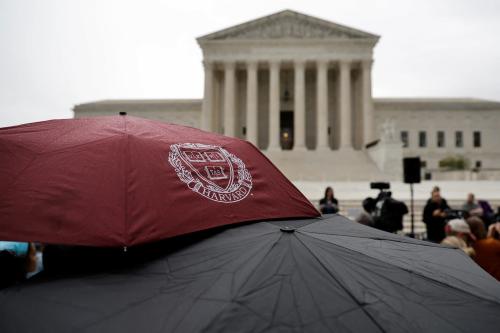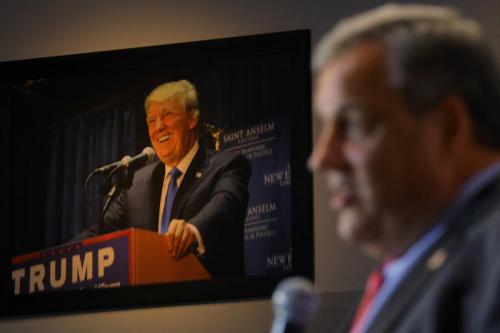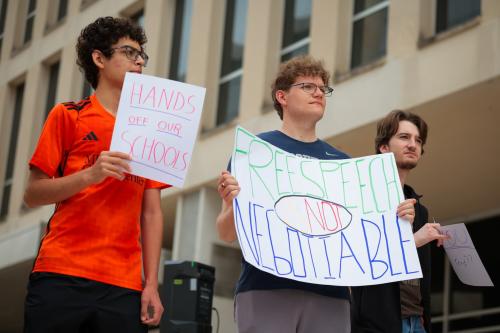In a marked contrast to last year’s Dobbs decision by the Supreme Court overturning Roe v. Wade, the response to its recent decision prohibiting the use of race as a factor in college admissions has been remarkably muted. The overall reason is clear: while voters wanted to preserve access to abortion by a margin of roughly 20 percentage points, they were willing by the same margin to accept the end of affirmative action.
A closer analysis of the data provides a fuller explanation: Black Americans, on whose behalf affirmative action was begun more than half a century ago and who might have been expected to support it — were at most ambivalent, as a recent Economist/YouGov survey reveals. To the surprise of many observers, they supported the Court by 44% to 36%, and the share who strongly approved of the decision exceeded those who strongly opposed it. The Washington Post’s Aaron Blake offers a possible explanation: according to a pre-decision poll conducted by the Pew Research Center, only 1 in 5 Black respondents thought that they had personally benefitted from affirmative action in college admissions or hiring decisions. (This finding was replicated and even strengthened in the Economist/YouGov survey.
Consistent with expectations, registered voters backed the Court’s decision by even wider margins (60%-29%), and white Americans favored the decision by a margin of 42 points, 65% to 23%.
More surprising was the imbalance of intensity. Americans who “strongly” supported the decision outnumbered those strongly opposed, 46% to 18%. Also surprising was the response of young adults ages 18 to 29, who are more diverse and more liberal than the electorate as a whole and who have had the most recent experience with college admissions. Despite these collective traits, they backed the Court by almost 2 to 1 (49%-26%), and young adults who strongly supported the decision outnumbered those strongly opposed by 34% to 15%. Hispanics also supported the decision, 45% to 30%, with more than twice as many strongly approving as strongly disapproving.
Groups with large numbers of swing voters backed the Court by wide margins — moderates by 56% to 23%, independents by 57% to 24%, and suburban voters, a key battleground in contemporary elections, by 59% to 30%. For each of these groups, moreover, strong approval topped strong disapproval by more than 2 to 1 (for moderates, by more than 3 to 1).
In sum, the country’s half-century experiment with affirmative action failed to persuade a majority of Americans — or even a majority of those whom the policy was intended to benefit — that it was effective and appropriate. Universities employers — indeed the entire country — must now decide what to do next to advance the cause of equal opportunity for all, one of the nation’s most honored but never achieved principles.
The Brookings Institution is committed to quality, independence, and impact.
We are supported by a diverse array of funders. In line with our values and policies, each Brookings publication represents the sole views of its author(s).








Commentary
A surprisingly muted reaction to the Supreme Court’s decision on affirmative action
July 7, 2023